Small Music
Rolf Julius
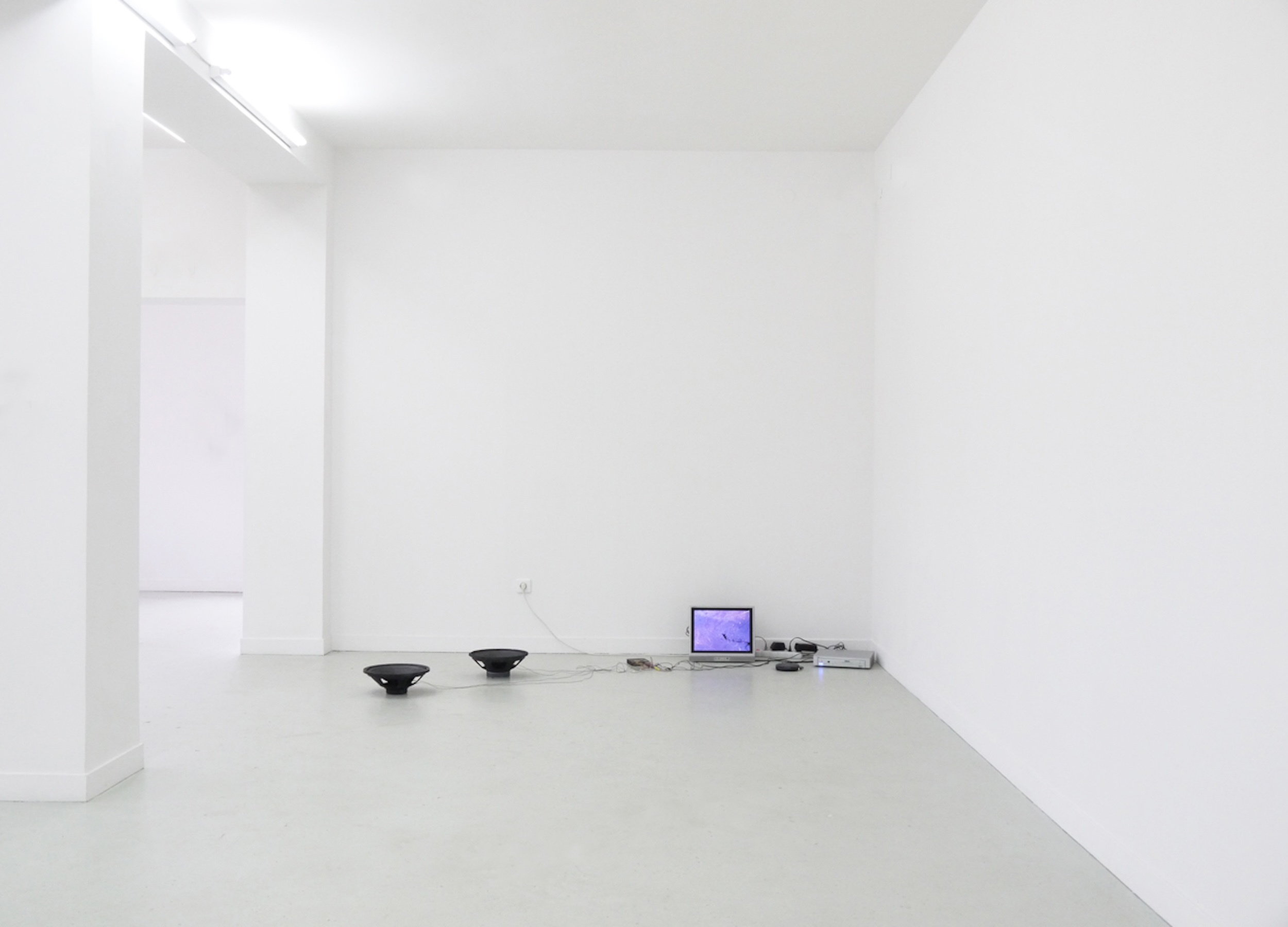
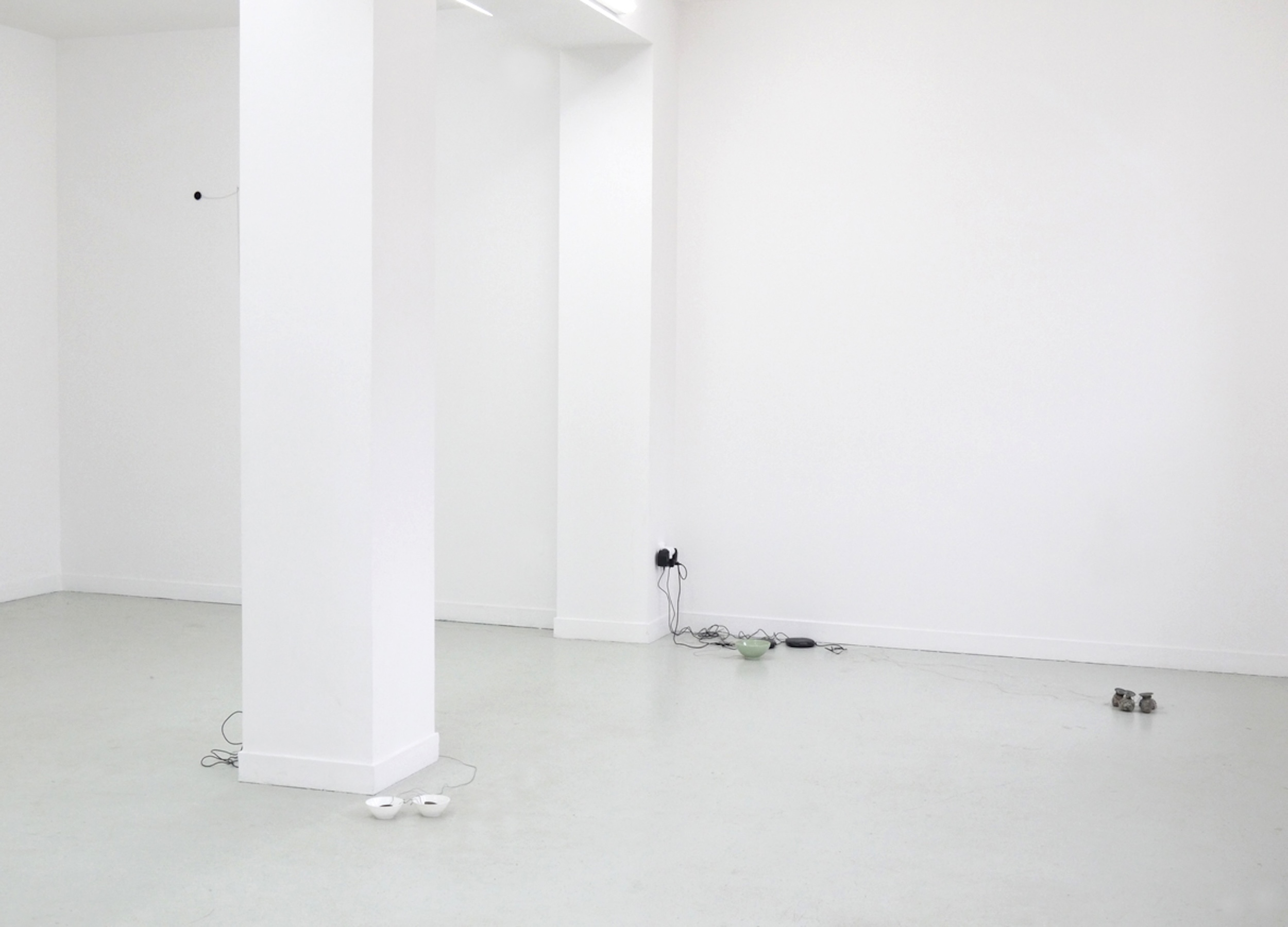
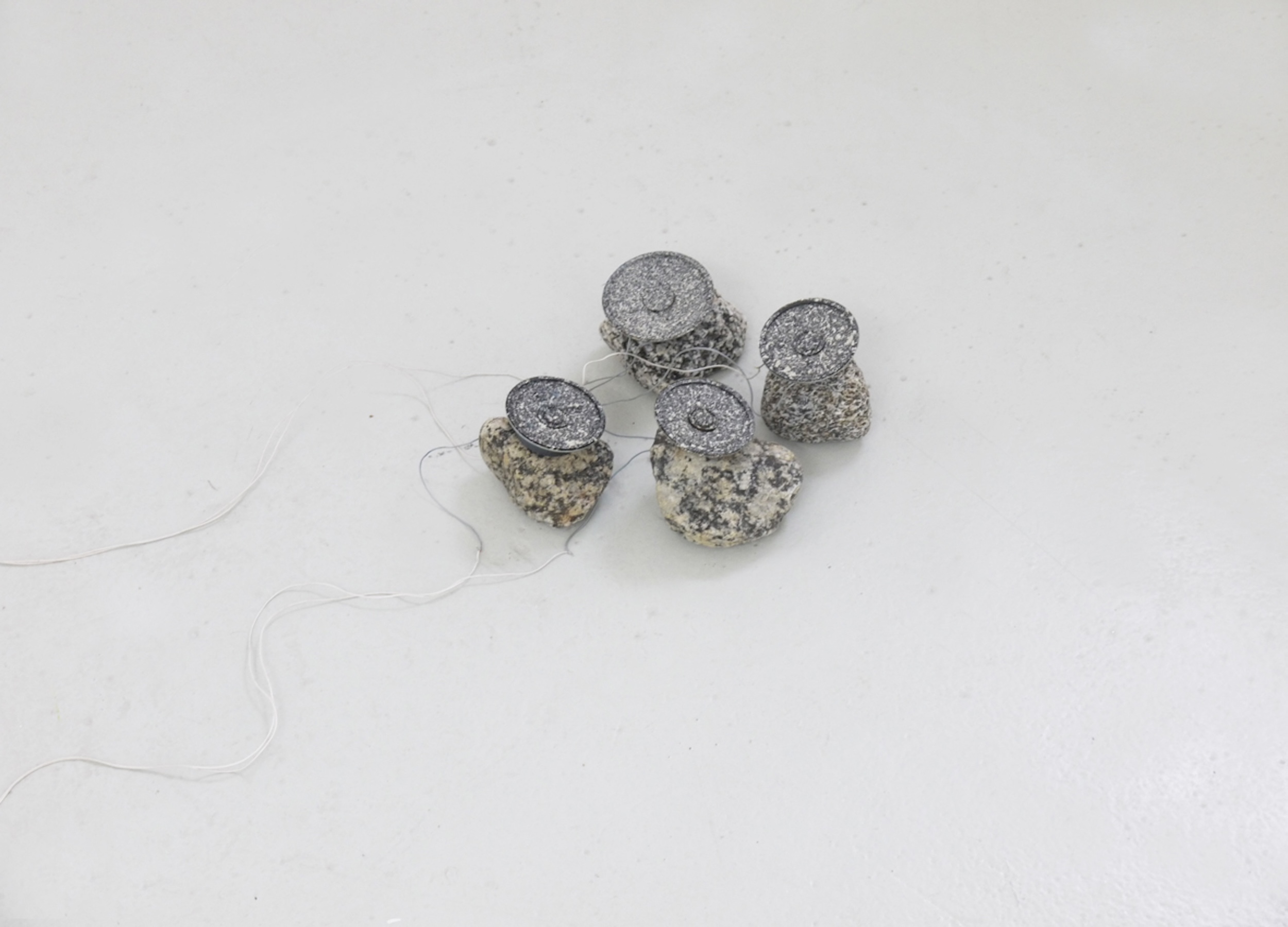
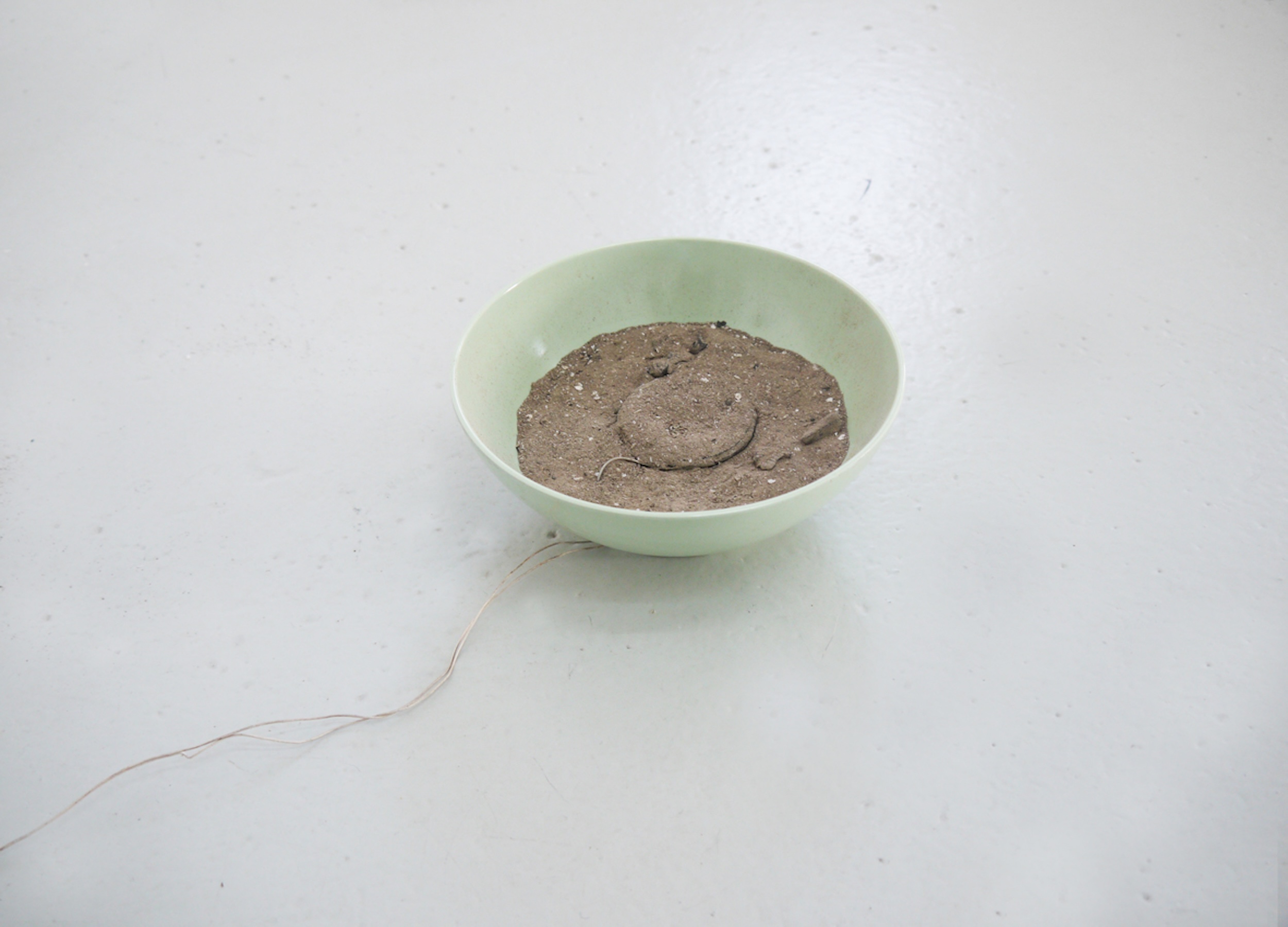
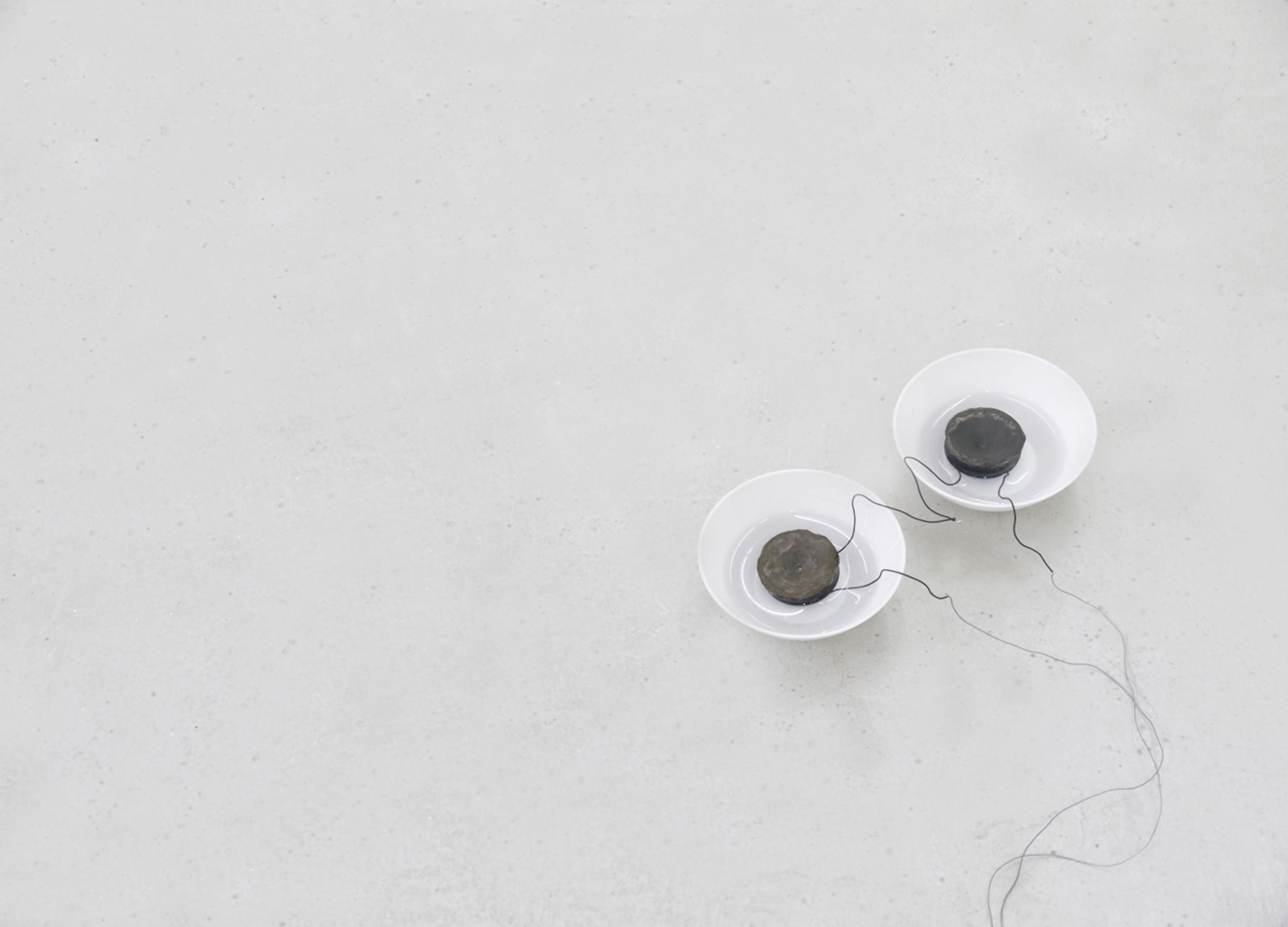
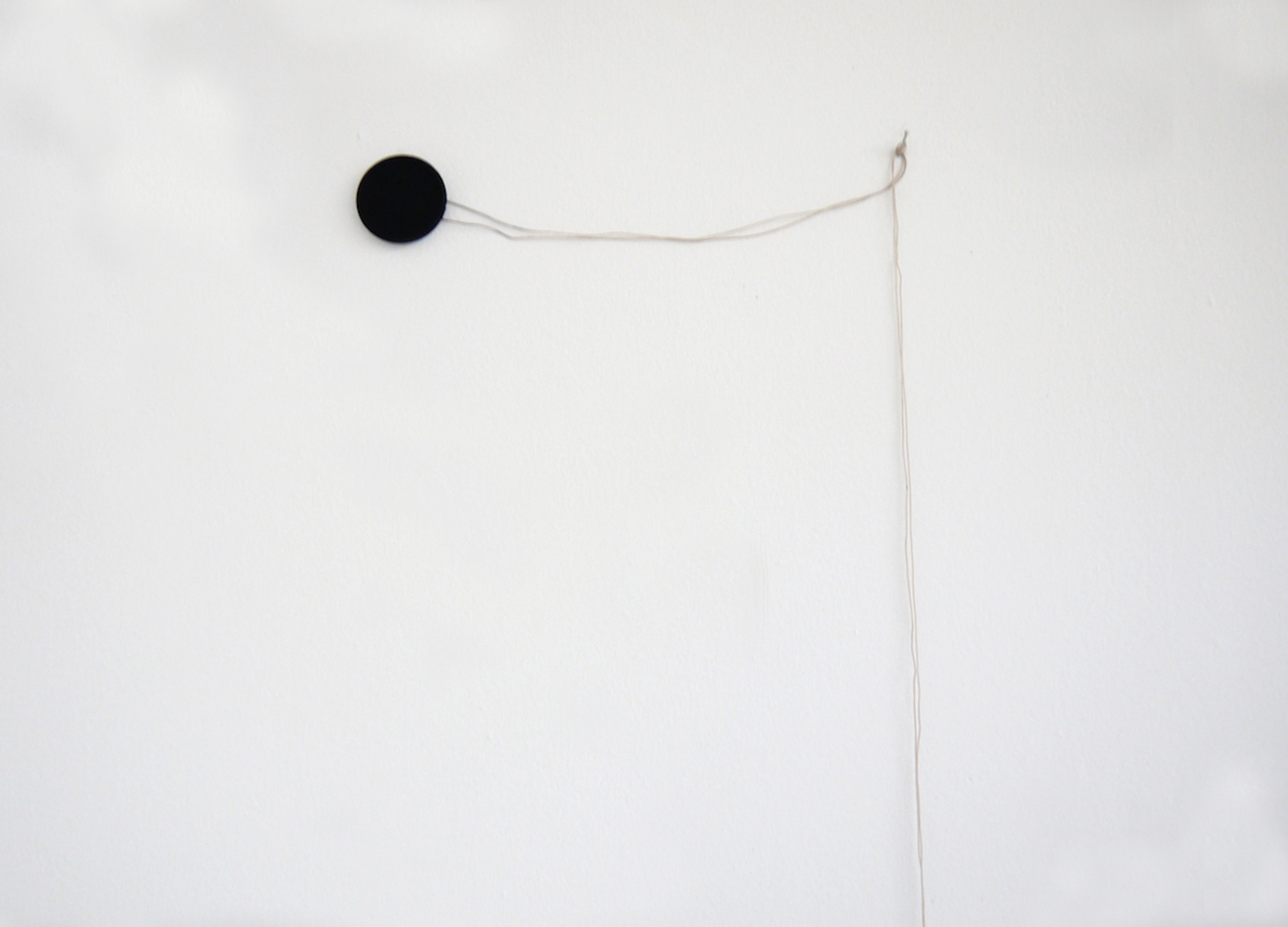
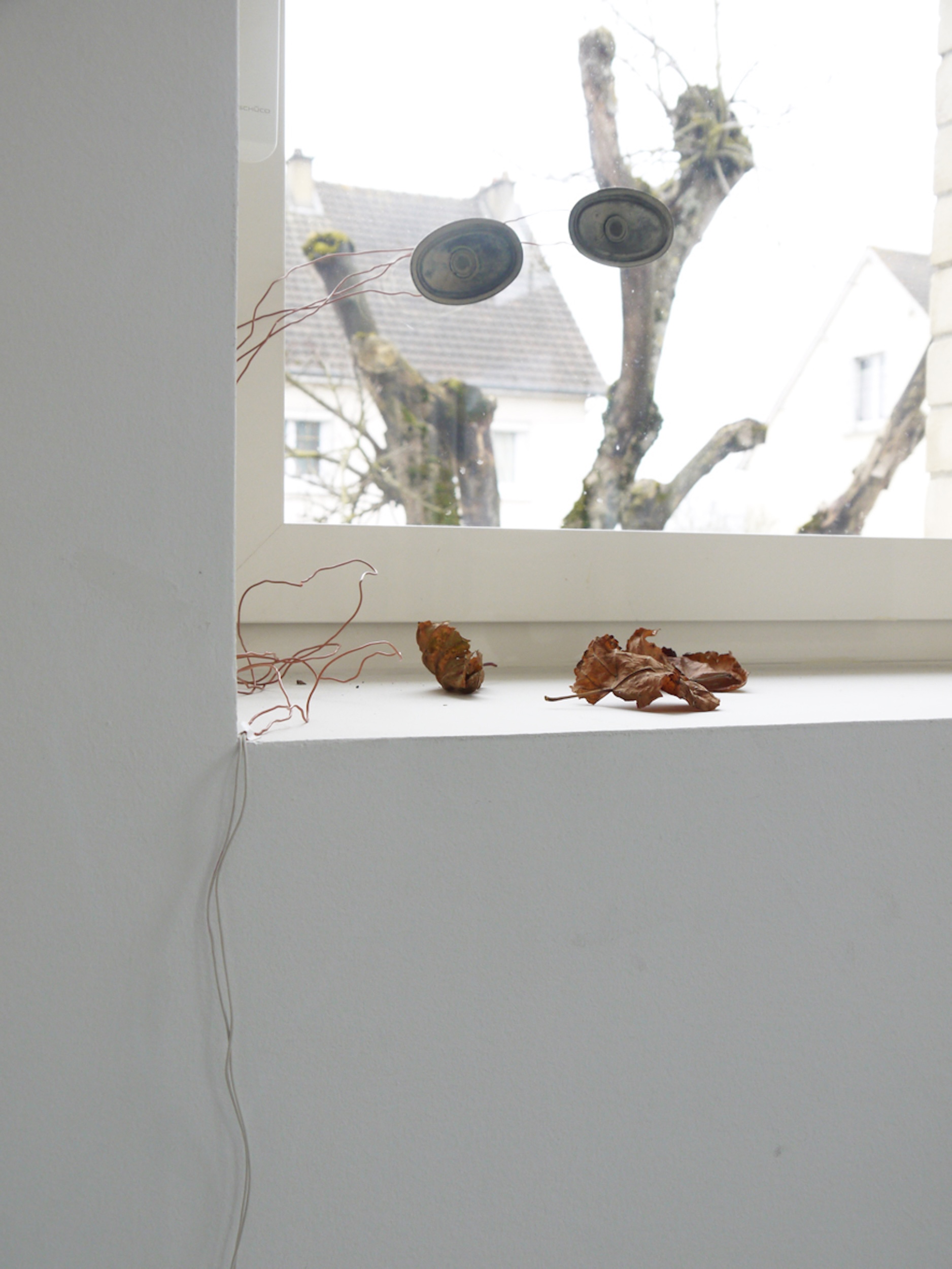
Sanctuaries of calm
I’ve long thought about how to create spaces where one can retreat and find rest, where one can see, hear, and concentrate—where one is cut off from the outside world while still participating in it. These places must be simple, empty, and create an atmosphere of silence, aided by art or music, or a combination of both.
I’m looking for places that can be hidden—in private apartments, in public buildings, maybe in basements, or alone in a forest, near a lake, or in a noisy city. They should be scattered everywhere: in Berlin, where I live, in Tokyo, Los Angeles, or New York. The whole world could be covered with an even denser network of these calm zones, becoming ecological art niches for everyone.
One should have access to them at specific times and be allowed to enter alone. To me, the mere existence of zones of tranquility can help soothe this world. Places of quiet are not necessarily acoustically silent; they can, on the contrary, be noisy—they are quiet on a different scale. At the beginning of this year, at the Society for Contemporary Art in Bremen, I took my first steps toward such a space. It was titled Chamber Music No. 1: a small room empty except for two white rectangular columns topped with loudspeakers. The speakers were directed toward the center of the room; in front of them was a chair where one could sit and, with the music behind, look out the window at the Weser Bridge with all its traffic and the river. In this case, the music was very important—so important that one wasn’t supposed to focus on it, which gave all the more reason to look through the window. The music from the two speakers merged at the listener’s neck, and one could feel it precisely at that spot.
I’m thinking about other places of this kind, some without windows, rooms containing a single work—perhaps a floating iron plate that seems to float through the music, floating calmly… I’m thinking about places where one can withdraw alone, rooms that create an atmosphere of silence, but not a dumb silence… how to say… an active silence, a kind of suspended state, of quietude.
There are several works I could entrust to such places—perhaps simple texts, or yellow and blue pigments, or speakers that breathe…
Rolf Julius, 1987